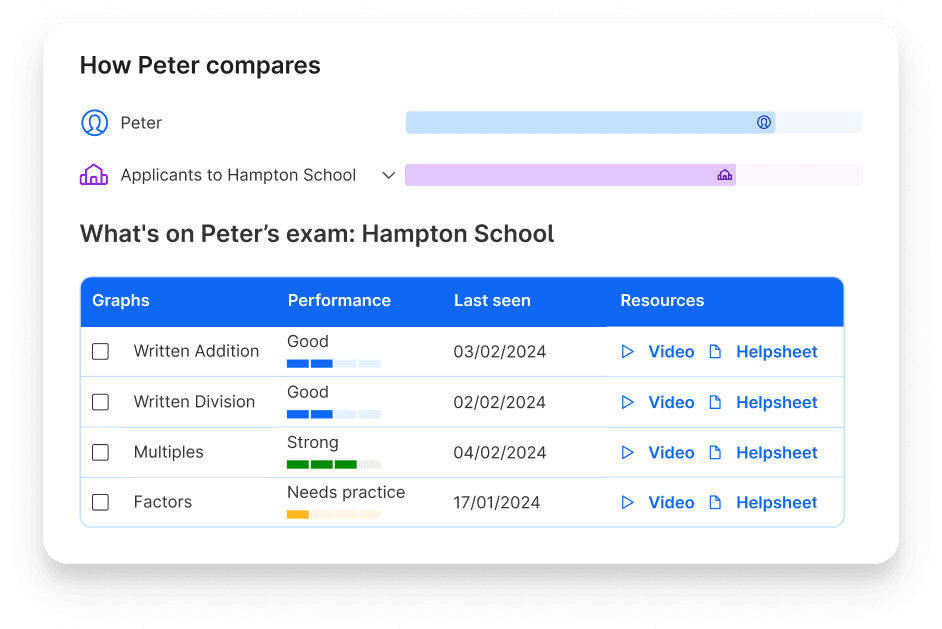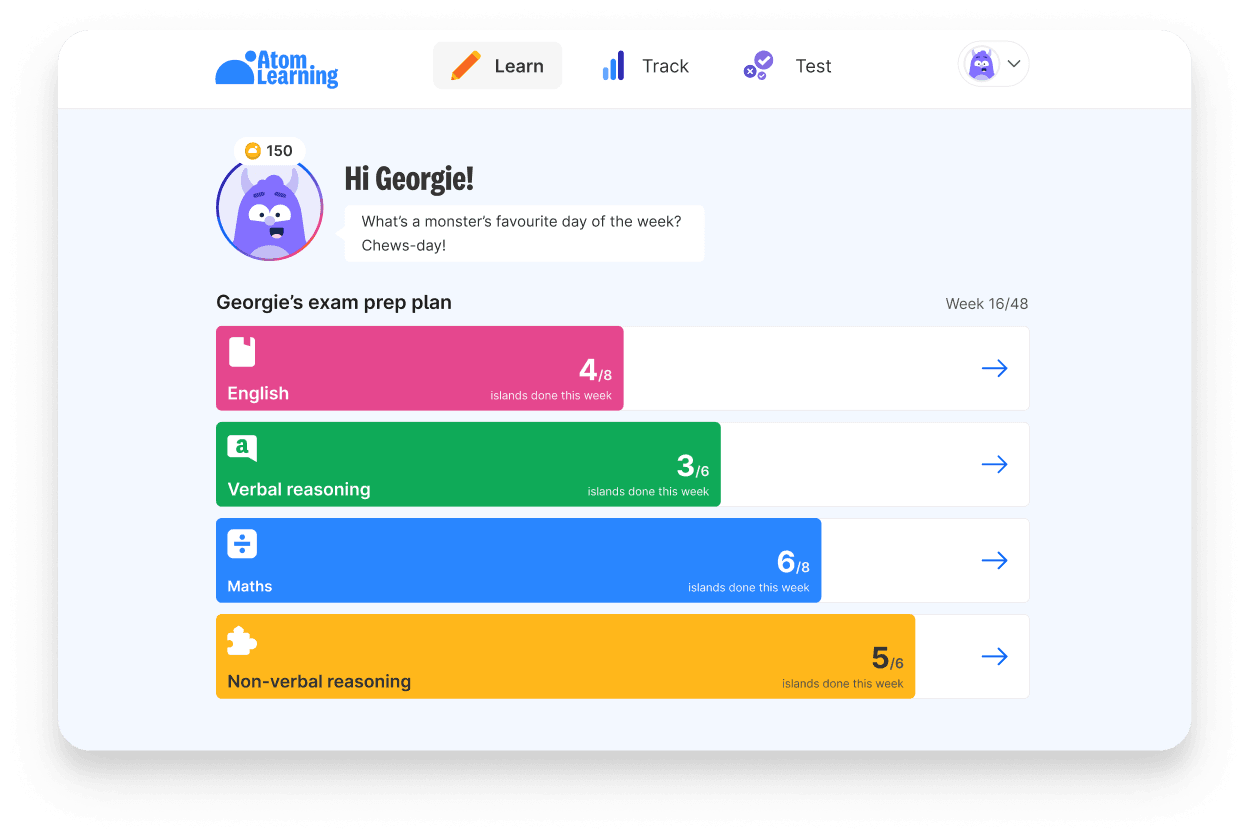Contents
Private tutoring can be a powerful way to support your child’s learning – whether that’s building confidence in class, preparing for entrance exams, or helping them reach their full academic potential.
But how much does tutoring actually cost in 2025? And what factors affect the price?
We’ve broken it all down for you, with up-to-date UK pricing and helpful tips to get the most value from your investment.
What affects the cost of private tuition?
The tutoring industry is broad and varied, and there’s no official pricing regulation. That means hourly rates can vary a lot depending on a few key factors:
Location
Where you live can have a big impact on the cost of tuition, especially if you’re looking for in-person sessions. Tutors in cities with higher living costs, like London or Oxford, tend to charge more. In rural areas, you might also see higher rates to cover travel time.
Here’s what you can expect to pay per hour for private tutors in different UK cities in 2025:
Newcastle: £25+
Liverpool: £26+
Nottingham: £26+
Cardiff: £26+
Edinburgh: £27+
Birmingham: £27+
Southampton: £28+
Bristol: £28+
Brighton: £29+
Reading: £30+
Cambridge: £33+
Oxford: £33+
London: £35+
The student’s age and stage
Tuition prices often reflect the academic level being taught. Primary school tutoring is generally more affordable than specialist support for A levels or university admissions.
Primary Key Stage 2 (ages 7–11): average hourly rate of £27
Secondary Key Stage 3 (ages 11–14): average hourly rate of £28
GCSE (ages 14–16): average hourly rate of £30
A level/IB (ages 16–18): average hourly rate of £32
University level: average hourly rate of £34
Subject
Core subjects like English and maths tend to be more affordable. Subjects requiring specialist skills or equipment – such as languages or music – usually come at a higher price point.
English, maths, science: average hourly rate of £25–£35
Modern languages: average hourly rate of £30–£40
Music (e.g. piano, violin): average hourly rate of £35–£50
Tutor experience
Tutors with advanced degrees, qualified teacher status (QTS), or many years of experience often charge more. But newer tutors – such as university students – may offer more competitive rates, while still providing great results and rapport with younger learners.
Additional tools and resources
Some tutors include access to premium learning platforms or specialist resources as part of their service, which can affect the overall cost per session.
For example, Atom Tutors use Atom Home – our award-winning online learning platform. With unlimited practice questions, mock tests, detailed progress tracking and more, these tools provide valuable support between lessons and can accelerate your child’s learning. While this might mean a slightly higher price per hour, the added structure and insight can make a big difference to outcomes.
Pictured: a child's current attainment in maths on Atom, and performance compared to other users applying to Hampton School.
Is private tutoring worth the cost?
It depends on your child’s needs and your family’s budget, but in many cases, tutoring can be a worthwhile investment.
Benefits for your child
Focused, personalised support to target tricky topics
In a busy classroom, it’s easy for children to feel left behind. A private tutor can identify and focus on your child’s specific gaps in understanding (whether that’s fractions, creative writing, or exam technique), and adapt their teaching style to suit how your child learns best.
Confidence-building ahead of exams or transitions
Whether it’s preparing for the 11+, moving up to secondary school, or tackling end-of-year assessments, tutoring can help children feel more prepared and self-assured. With structured revision and regular feedback, they’re less likely to panic and more likely to walk into exams feeling calm and capable.
A boost in motivation and study skills
Private tutors often help students develop independent learning habits that set them up for long-term academic success, like time management, organisation, and revision strategies. With regular encouragement and praise, tutoring can reignite your child’s enthusiasm for learning.
Flexible help tailored to their learning style
No two learners are the same. A great tutor will adapt their approach to match your child’s personality using visuals, games, verbal reasoning or written practice – depending on what works best. That kind of flexibility just isn’t always possible in a school setting.

Benefits for you
Peace of mind that your child is supported
Knowing that a qualified professional is helping your child stay on track – or get ahead – takes the pressure off you. You can feel confident that their academic progress is being looked after with care and consistency.
Less stress with homework and revision
Tutoring can ease those after-school battles and bedtime worries. Instead of struggling through difficult homework topics together, you can rely on your tutor to explain things clearly and keep everything on track.
Clear progress tracking and expert advice
Many tutors – especially those using platforms like Atom – provide regular updates and insights into your child’s development. This makes it easier to stay involved without having to chase school reports or parent evenings for feedback.
A supportive voice in your corner
A good tutor isn’t just a teacher. They’re a cheerleader, mentor and sounding board. They’ll work with you and your child to set goals, celebrate wins, and keep learning enjoyable.
How to make tutoring more affordable
Private tuition doesn’t have to break the bank. Here are some practical ways to reduce costs while still giving your child top-quality support:
Try small group tuition
Group sessions are often more cost-effective than 1 to 1 tutoring – and they come with the added benefit of peer learning. If your child has friends or classmates at a similar academic level, ask a tutor if they offer shared sessions at a reduced rate.
Book in bulk
Many tutors offer discounts for block bookings (e.g. 5–10 sessions paid upfront). Some will also provide the first lesson free, or let you switch tutors if the match doesn’t feel right.
Give early-career tutors a chance
Don’t rule out newer tutors or those still completing their degrees. They often charge less while bringing fresh energy, up-to-date subject knowledge and great rapport with students.
Looking for tailored 1-1 tuition?
At Atom Tuition, we combine the power of expert tutors with the benefits of data-driven online learning – all in one affordable package.
Your dedicated tuition advisor will take the time to understand your child’s needs and match them with a tutor who can make a real difference.
With Atom Tuition, you get:
A tailored approach: bespoke lessons that are tailored to prepare your child for a specific exam or school.
Progress between sessions: targeted homework and practice, with robust data so know they're on track for success.
Invigilated mock tests: practise exam technique and get full reporting that shows how your child compares to others taking the same exam.
Ready to match with a tutor?
Book a call with our team to discuss your child's goals. Your journey to exam success starts here!
Contents


